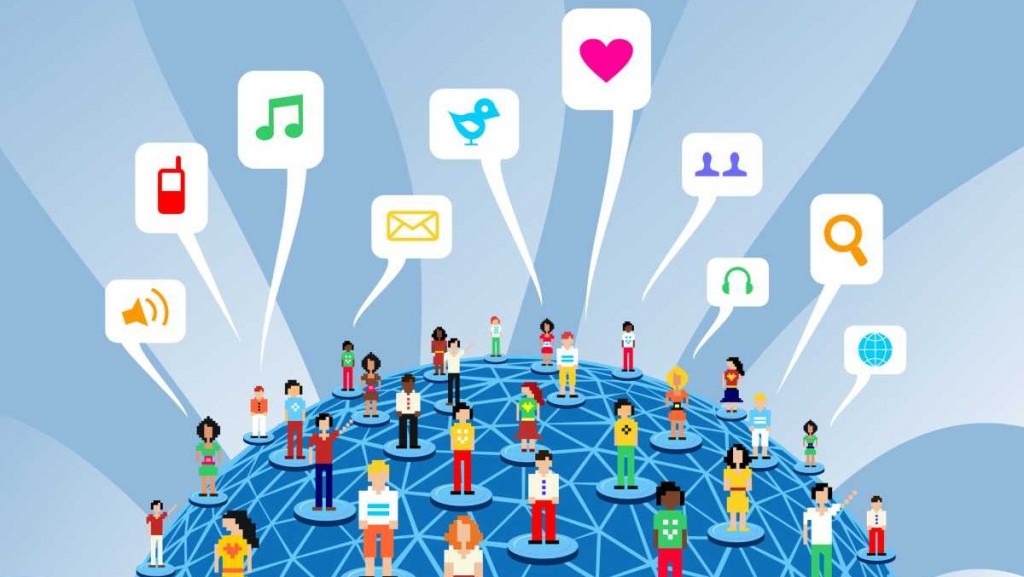By Ihamie ArifÂ
From every angle, social media is not a good platform to have privacy. Some people think they are safe enough by exposing themselves to the real world while online where nobody can see them not realising the negative consequences.
People share ideas, humour, emotions, preferences, prejudices, priorities, and often misguided attempts at profundity. Newer sites simply broaden and deepen the sharing like Twitter users share commute times and coffee temperatures, and Instagramers share a wealth of photographs and moments, Facebook users share their opinion, location and activities. They assume that the information sharing is not public where it is mainly shared among friends on the site only, in fact everyone can get access to it.
Importantly, we know when people are leaving town and how long they will be away. We know if they come into money. We learn about their families and their vulnerabilities. We learn about drinking and drug use, sexual promiscuity, and even crimes. We see pictures of their kids, their cars, their vacations, and their homes like our local artist, Rozita Che Wan and her families that always go for vacation overseas.
All of this sharing may help create communities, but it also destroys privacy. Too much published information can and will present obstacles when circumstances change. This can be seen when there are cases where a spouse sues for divorce, where criminals observe social media constantly, looking for vulnerabilities and chances to pinpointing easy targets.
Hence, operators of various social media outlets are well aware that their profits may increase as we expand our willingness to share personal information about ourselves, and much of the business model development for social media sites is designed to coerce, trick, taunt, or tease us into revealing more information about our lives and our thoughts and opinions. Who are your friends? What discounts interest you? You œliked the last Vin Diesel movie, will you like the next one? What is your relationship status? Who do you write to? Who do you poke? Wont you download the mobile app so we can see where you are when you access our site? Your friends have downloaded our app. Why wont you? We will ask you again in two hours.
It is undoubtedly to say that every bit of information we disclose is another data bite to be mined and measured, sorted and sold. Online transactions provide even more opportunities because a purchase through a social media site gives impact for the site owner. With a purchase, the site registers our activity, our expenditure, our degree of interest in goods or services and an entire category of goods or our bank, our credit card information, our shipping address, our online ID, and our passwords.
For this reason, social media is not simply a collection of online places that allow private information to escape, but social media sites are organised to draw as much participation and information out of us as possible. Social media is good at sharing and getting information about what is happening around the world, however, people do not realise they are revealing almost all personal information about themselves which should be regarded as privacy.
It is important to note that on the Internet nothing is private. ***
